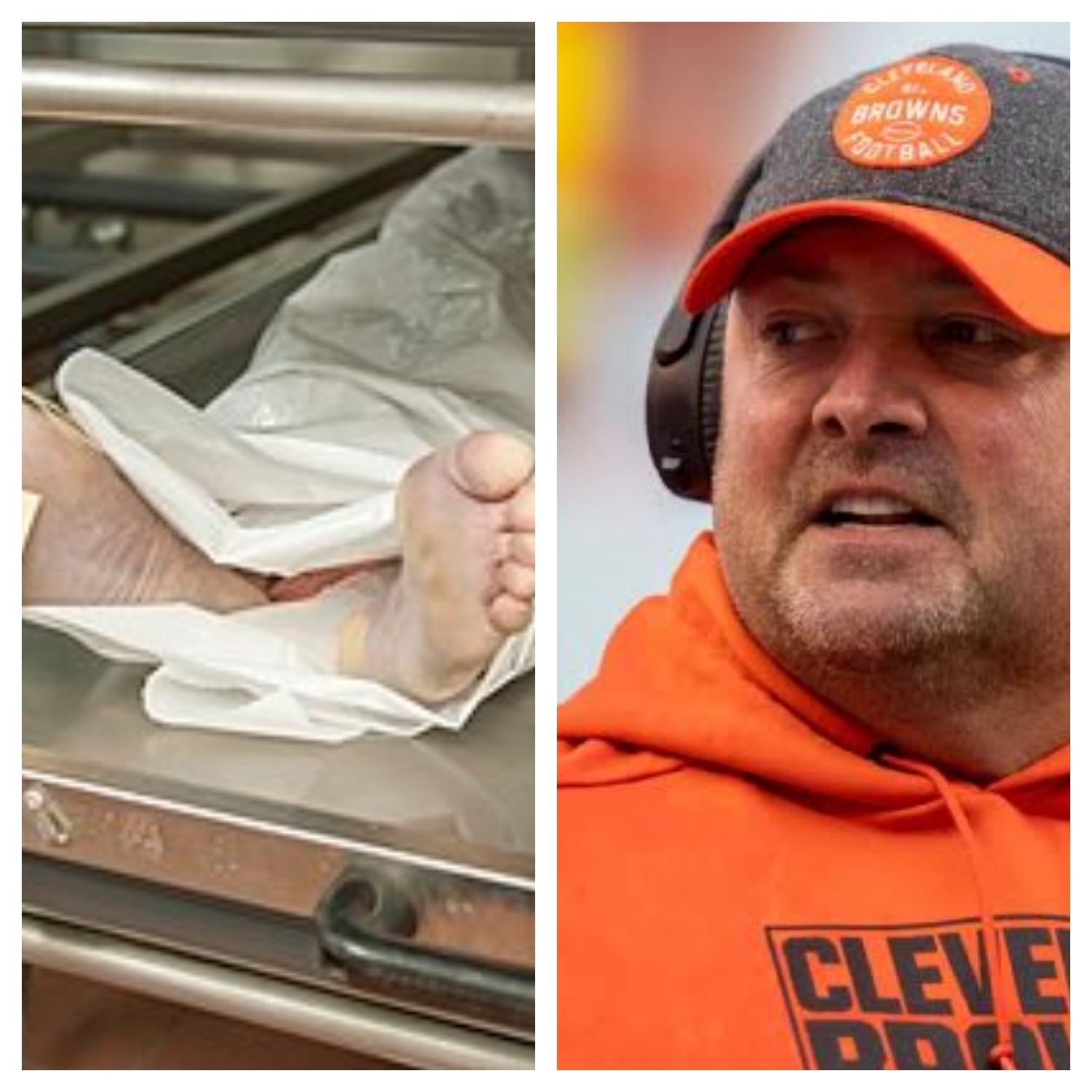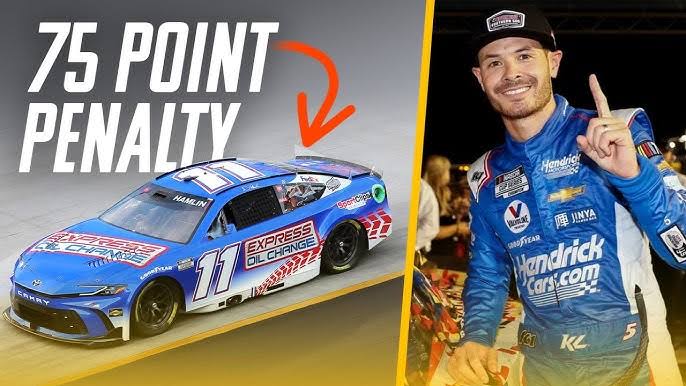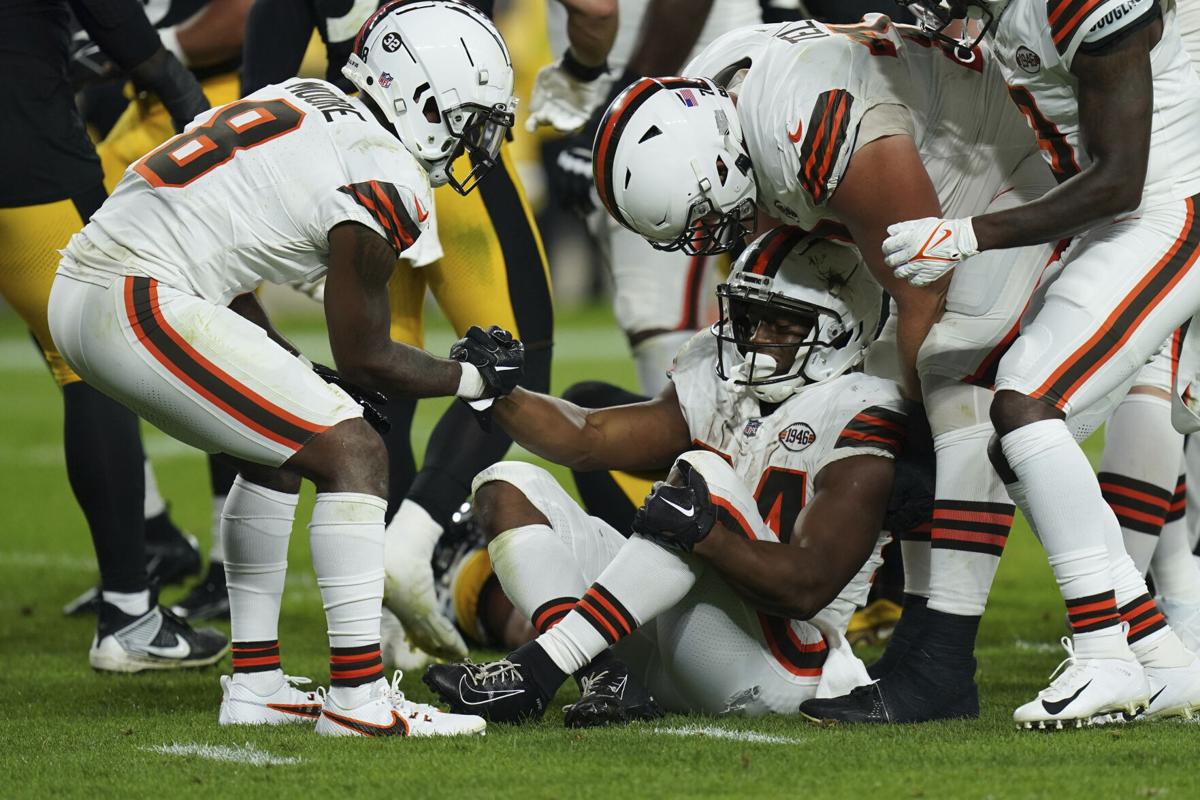

You would be forgiven, having watched the Cleveland Browns move to 4-2 after a highly entertaining game featuring eight lead changes against the Colts last week, for getting swept up in what’s happening on the field rather than the sideshow off it pertaining to quarterback Deshaun Watson’s health and availability.
But off-field issues—to use that handy euphemism, verbal sandpaper for the rough edges of whatever the NFL would rather you or I not think about when it comes to Watson—seem to be bubbling up in Cleveland, where an otherwise promising team is sagging under the weight of the most complicated player-team dynamic in the league.
First, the facts:
On Sunday, Watson left the game in the first quarter after taking a hit from Colts defensive end Dayo Odeyingbo. Watson was evaluated by the independent neurologist on-site and cleared concussion protocol, which meant he was allowed to reenter the game.
But Browns head coach Kevin Stefanski elected to keep Watson on the sidelines in favor of backup PJ Walker, who eventually led a game-winning scoring drive to complete a comeback and give the Browns their second straight win.
Watson never received an official injury designation, which often happens to players who leave a game and do not return.
“I just didn’t want to put him back on the field,” Stefanski said after the game. “I want to protect our franchise quarterback. That’s my decision.
Stefanski didn’t say exactly what he was trying to avoid by keeping Watson out, whether it was a possible head injury, aggravation of his rotator cuff, a right shoulder that Is the quarterback facing, both, or something else entirely.
Watson, in his post-match press conference, said it was not his decision not to return. The quarterback was otherwise short on information:
He said he wasn’t sure whether he’d have an MRI, or whether thought he’d reinjured his throwing shoulder, or whether he’d be able to start the next game against the Seahawks.
“They felt like the decision was best to let PJ go in and finish the game,” Watson said.
On Monday, Stefanski said the Browns were still “gathering information” on Watson. He called Watson “our starter going forward” and said Watson will play Sunday against the Seahawks, as long as “he’s ready to go.”
Stefanski used the phrase “day by day” quite liberally, but had no answer when asked if the Browns would consider placing Watson on injured reserve, which would mean he would miss present at least the next four matches.
On Tuesday, ESPN and NFL Network reported that a new MRI showed he has a strained rotator cuff, an injury that could take four to six weeks to heal.
This represents an injury-filled season this past week.
Let’s look a little deeper at the bigger picture, which reveals the oddities and inconsistencies regarding Watson’s health that have existed for weeks in Cleveland.
Watson first injured his rotator cuff on September 24 against the Titans.
He did not practice the following week, but told Cleveland.com on Thursday before the Browns’ Week 4 game against the Ravens that he was expected to play. This Sunday morning, NFL Network reported that Watson will be inactive.
The Browns, with fifth-round pick Dorian Thompson-Robinson at quarterback, lost 28-3. Jason Lloyd of The Athletic reported that some players were “a little upset” that Watson wasn’t on the field.
The next day, Stefanski said the outfielder had been medically cleared to play but had decided not to play, a comment that seemed appropriate regardless of intent.
The NFL’s play-at-all-costs mentality isn’t worth it — and applying the amount of painkillers that NFL players use to get through the day isn’t easy when it comes to shoulder pain.
But there is often little daylight between a player being medically cleared and him playing, especially in a meaningful game against a division opponent. Just look elsewhere on the Browns’ roster: David Njoku is currently playing with severe facial burns.
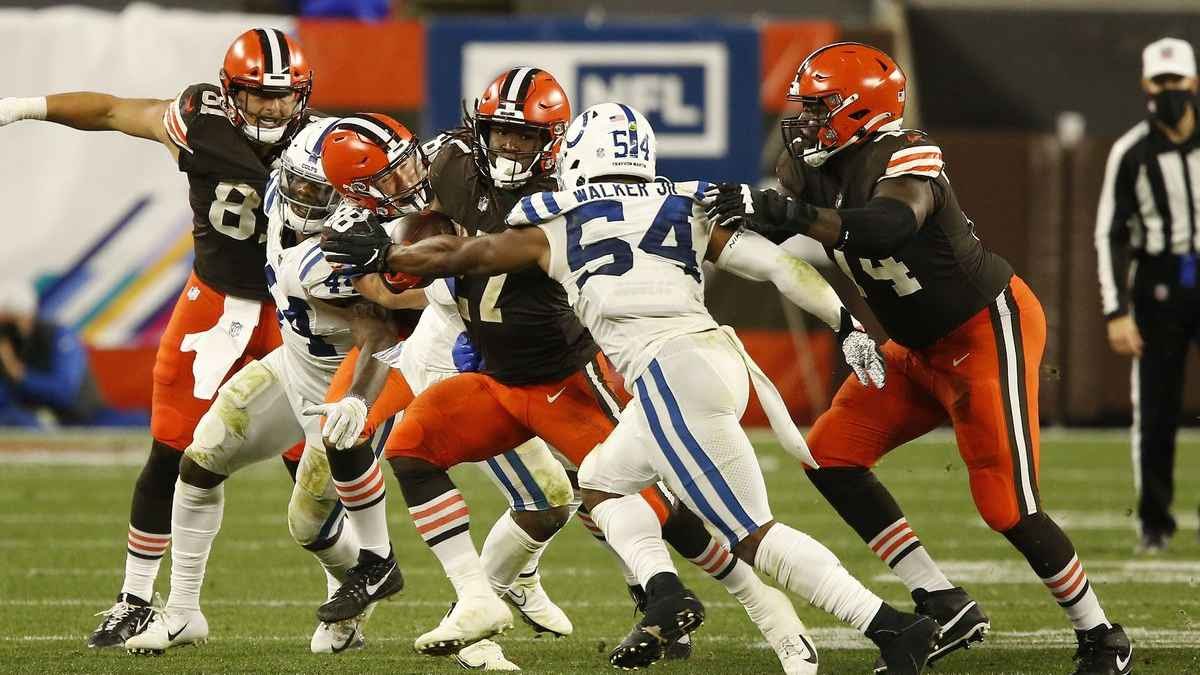
“It wasn’t a matter of pain tolerance or anything,” Stefanski said after the Ravens game on October 1. “[Watson] just did not feel like he had his full faculties.”
General manager Andrew Berry had a press conference on October 4 to try to clarify the situation. Berry said it was an “easy decision” to rest Watson against Baltimore—insinuating the QB hadn’t made the call on his own—but that Watson’s injury would not be long term.
The Browns had a bye in Week 5, Watson missed the team’s Week 6 win against San Francisco, and he did not return to practice until last Thursday, when he was limited.
He held a press conference last week to share what he knew about the rotator cuff injury, where he said he’d been throwing more and more but wasn’t sure whether he’d be 100 percent this season.
That brings us to this past Sunday, when Watson started against the Colts.
He was 1-of-5 passing and had not looked particularly good throwing the ball when he left the game for the concussion evaluation.
Now let’s look at the even bigger picture, two levels out, viewed against the backdrop of Watson’s play in Cleveland since he returned from an 11-game suspension last season for violating the NFL’s personal conduct policy.
In short, Watson has not been good. The Browns are getting by on a top-five defense and their run game, even after losing star running back Nick Chubb to a knee injury, while Watson ranks last among 32 qualified passers in expected points added per dropback, 27th in success rate, and second to last among starting quarterbacks, ahead of only Green Bay’s Jordan Love, in completion percentage over expectation.
In nine games during his tenure in Cleveland before Sunday’s brief game against the Colts, he had averaged just 198 passing yards per game, completing 60.3 percent of his passes and 4 percent of his passes. touchdowns and interceptions were 2.6%. His yards per pass attempt was 6.5.
All of these numbers are significantly worse than how he played in 53 games as the starter for the Houston Texans, certainly much lower than what the Browns hoped he would repeat when they traded away five draft picks, including three first-round picks, and were paid $230 million. guaranteed.
for him in 2022.
He could get better, but Watson these days is an average-accuracy quarterback who twitches in the pocket and often seems to feel the pressure isn’t there .
Ironically, the player he’s probably most similar to is Baker Mayfield, the guy the Browns would love to replace, and even then, Watson is lacking in stats.
It could be because he’s injured (although Watson was the same player in six starts last season), but it’s unclear whether Watson gives the Browns the best chance to win in the postseason. match at this point, which makes the mixed messages surrounding his injury even more apparent. .
There’s also a three-story image and I think that’s the image you might be familiar with. Watson is a franchise quarterback on a huge contract with a nagging injury and not playing well, which would be a difficult situation for any NFL team.
But he’s not just a midfielder with a big contract and persistent injuries who hasn’t played well. He is a franchise quarterback who was sued by more than 20 women who claimed Watson engaged in sexual misconduct during massage therapy appointments, conduct that the NFL investigated and called is “serious” and “predatory”.
Any on-field struggles or lack of production weighs on the Browns to a special degree because of the way they tie themselves to Watson in silly defenses of his character, The unprecedented fully guaranteed contract they offered him and how they structured it to protect him from the financial penalty when he is suspended in 2022.
Browns bet the franchise on Watson, selling their souls and abandoning the sentiment of pity that their eternal organizational despair had led them to tie their futures to this quarterback.
Now he’s injured, he’s playing like B-minus Baker, and no one in Cleveland can give a clear answer about what exactly is going on.
The Browns appear to be a very good team, the type of team that only needs average quarterback play to become a legitimate playoff contender. But if Watson falls, they will go with him.
Financially, reputationally and organizationally, no team has as much interest in a player as the Browns have in Watson.
They could make it through this season and make the playoffs – it could happen if Watson’s health improves and he plays better, with Walker’s talented play, or by a trade someone like Jacoby Brissett, who, by all accounts, is the better QB for Cleveland.
Last year, Watson did not play and is not currently playing as a reserve in Washington.
But the bottom line is that if Watson’s strange injury situation continues and he’s never okay, everyone will be out of a job and the franchise will be wasting good employees and a talented roster .
Stefanski, Berry and Watson’s teammates certainly know the pressure they’re under, and that’s what makes nagging injuries and poor communication worse. Strange press conferences piled on strange press conferences, and the locker room grew frustrated.
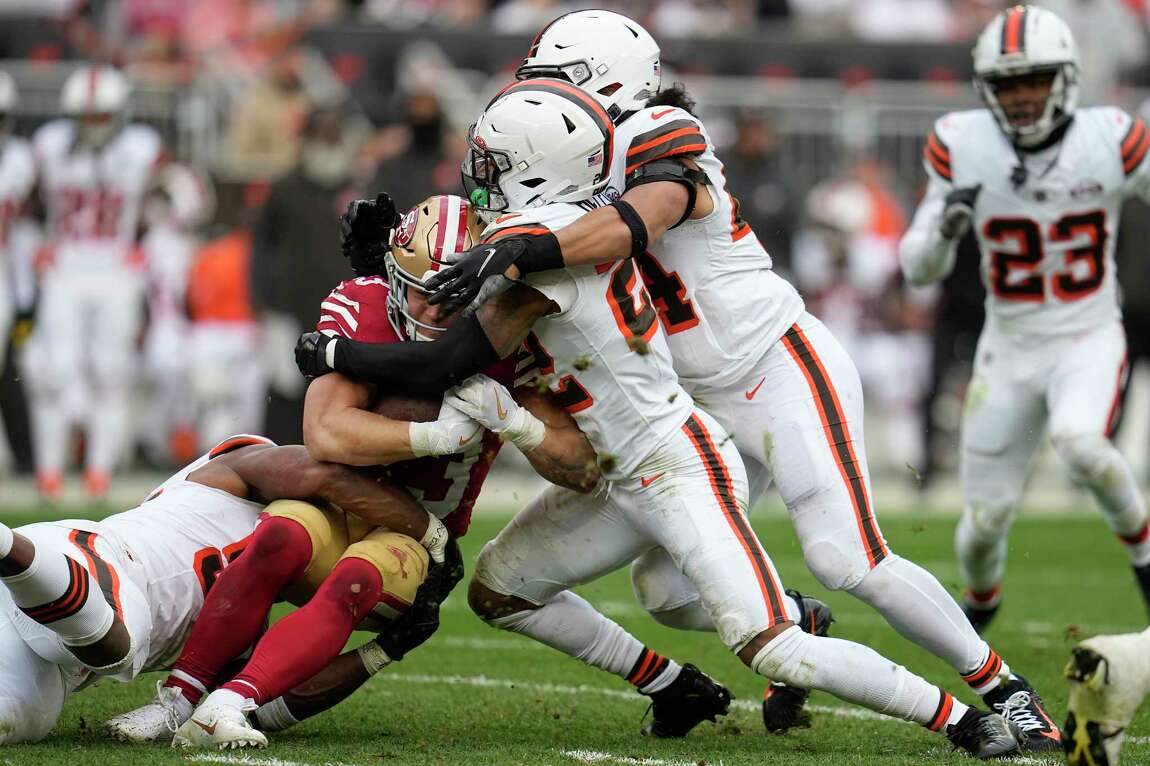
Anyone who has ever witnessed a crew digging a hole knows the rhythm:
Leaks begin to appear when
